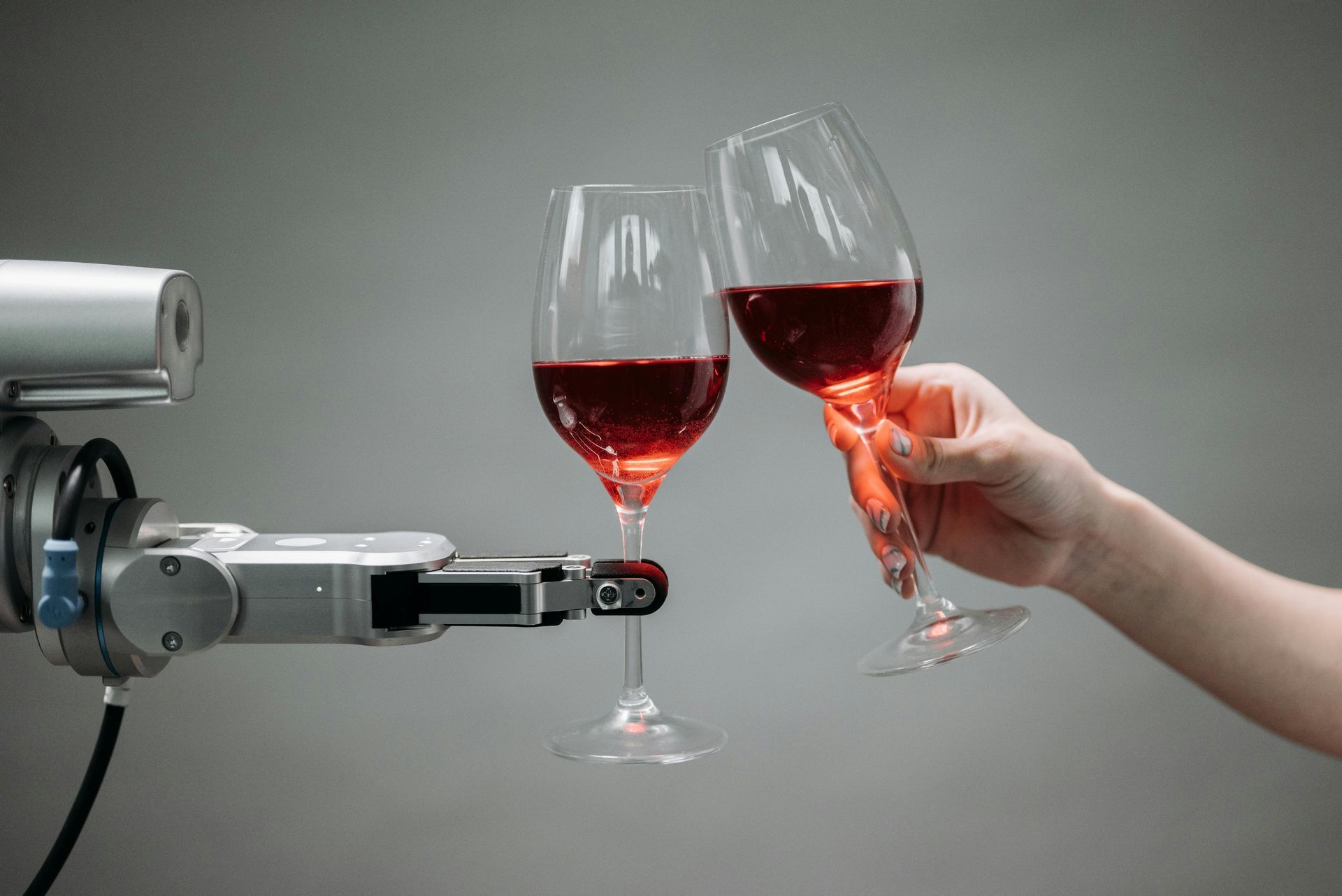Artificial Intelligence in the Hospitality Industry: Revolutionizing Customer Experience and Operational Efficiency
The hospitality industry is undergoing a major transformation thanks to the integration of artificial intelligence (AI)

AI has been successfully enhancing the customer experience, optimize operations, and increase revenues. A few axes are powerful and promising, such as Enhancing Customer Experience by tailoring individualized experience - the major promise of Hospitality, specially in Luxury. A few usages has been very successful such as:
- Quick Responses to Guest Reviews: AI helps respond quickly and thoughtfully to guest reviews, increasing significantly the number of posts and, more important, the overall hotel scores.
- Multi-Language Support: AI-powered chatbots and virtual assistants, like Canary AI, can instantly translate and communicate in over 100 languages, ensuring guests receive taylored information in their native language.
- Online Front Desk Service Options: AI facilitates online check-in, contactless check-out, and digital payments, offering more flexibility to guests and reducing the workload for staff.
- Immediate Replies and Recommendations: AI-based messaging systems and chatbots can instantly respond to FAQs and guide guests through the booking process, providing quick answers and personalized recommendations.
- Customized Room Settings: Smart in-room technology controlled by AI can save guest preferences for temperature, lighting, and entertainment, enhancing the personalized experience.
AI also optimizes operations, impacting sustainability through Automating Data Collection and Collation. AI can analyze room service order flows to identify high-demand periods and popular dishes, optimizing menu management and reducing food waste for example.
In terms of people management, AI can better Optimized Staff Schedules by occupancy forecasts and productivity data to schedule staff efficiently, reducing labor costs and ensuring smooth operations and shift's transitions - major challenge in operations.
On the financial side, by Predictive Demand Analysis and Forecasting, AI-powered revenue management systems (RMS) analyze historical and market data to provide accurate forecasts, allowing hotels to adjust pricing and distribution strategies to remain competitive.
It can also impact revenue management by optimize pricing: Smart RMS can recommend or directly adjust rates in real-time based on demand shifts, ensuring prices align with market trends and maximizing revenue.
These advantages do not come without a price, of couse, and the industry have been also facing challenges such as data security. Protecting sensitive guest information is crucial and AI integration requires robust security measures like encryption and authentication protocols. Therefore, Cost of Implementation became a challenge since Adopting AI can be expensive, especially for smaller hotel chains: from initial investment and training up to ongoing maintenance costs, the year bill is quite important and measuring success becomes decisive.
We also (still!) discuss quite a lot the balancing between technology and human interactions and connections. To find this balance we need to reverse the AI uses by enhancing interactions and connections with guests, instead of using it to replace. Luxury hotels have been smartly using AI to automate routine tasks, allowing staff to focus on guest engagement, personalization and connection.
AI offers unprecedented opportunities to transform the hospitality industry, by enhancing the customer experience, optimizing operations, and increasing revenues. All challenges aside, AI is set to become an essential ingredient for the ongoing success of hotels.
However, its adoption must be strategic, balancing technological innovation with the indispensable human touch in hospitality.




